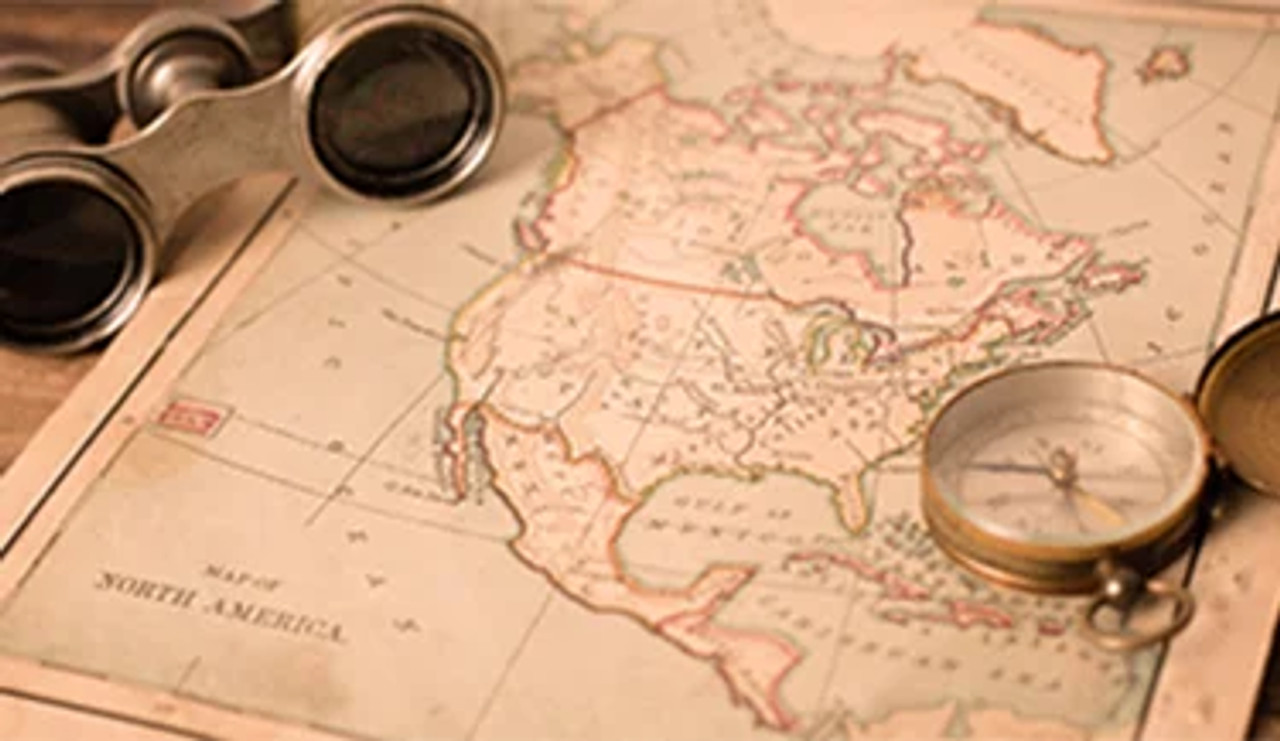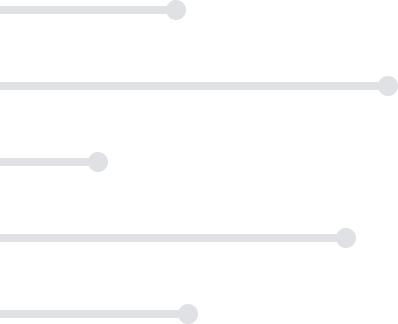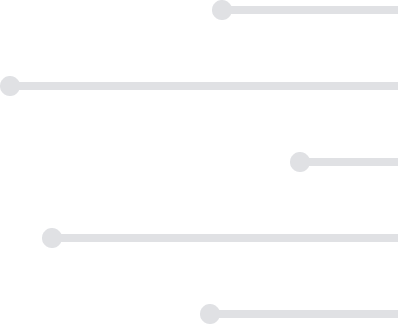
$79
Plus membership
3 Credits
All courses include:
eTextbooks
2 to 3-day turnaround for grading
Multiple chances to improve your grade
On-demand tutoring & writing center
Student support 7 days a week
$79
Plus membership
3 Credits
All courses include:
eTextbooks
2 to 3-day turnaround for grading
Multiple chances to improve your grade
On-demand tutoring & writing center
Student support 7 days a week
United States History II
$79
Plus membership
3 Credits
About This Course
ACE Approved 2025
United States History II provides an overview of the history of the U.S. and its effects on American society from Reconstruction following the Civil War to the post-9/11 era.
What You'll Learn
Apply historical research skills to major themes in American history since the end of the Civil War.
Evaluate how certain components of Reconstruction policy succeeded or failed.
Describe and assess the growth and evolution of the South and the West following the Civil War.
Analyze the factors involved in the rise of big industry during the late nineteenth century and assess its impact on American labor.
Explain the growth of cities in the last quarter of the nineteenth century and assess the impact of this growth on urban life.
Identify the factors that led to the rise of Populism in the 1880s and 1890s and assess the impact of Populism on American society and politics.
Explain the development of the Progressive movement and assess the impact of the movement at the local, state, and national levels.
Investigate the causes of World War I, examine U.S. reasons for intervention, and evaluate the consequences of the war and the subsequent peace.
Explain the causes of the Great Depression and evaluate the economic successes and failures of the New Deal as a response to the Great Depression.
Examine the causes and global impact of World War II.
Explain the causes, events, and consequences of the Cold War, including the Korean War and Vietnam War.
Explain the causes, events, and consequences of the Civil Rights movement of the 1950s and 1960s.
Deduce and evaluate the significance of the major domestic and international developments and the rise of global terrorism since 1990.
Examine activism and the development of counterculture during the 1960s and 1970s.
Analyze a primary source historical artifact and apply critical thinking to answer questions about its historical relevance.


Your Life, Your Schedule, Your Education
Transfer into over 3000+ institutions that accept ACE courses or transfer directly into 180+ partner schools.
request information
This course provides an overview of the history of the United States and its effects on American society from Reconstruction to the post-9/11 era. Students examine major themes in American history and evaluate the successes and failures of Reconstruction policy. In addition, students analyze important periods during the turn of the nineteenth century ranging from the rise of Populism, American expansionist policy, and the development of the Progressive movement during the early twentieth century. Students investigate the causes of World War I and analyze the social and economic changes between World War I and the Great Depression. In this vein, students analyze the major themes of the twentieth century including the Great Depression, World War II, Korean War, the Cold War, and the Vietnam War. In turn, the course follows the development and evolution of the Civil Rights movement of the 1950s and 1960s. The major domestic and international developments of the Nixon, Ford, Carter, Reagan, and the first Bush administrations are analyzed and assessed, as is the significance of major domestic and international developments since 1990.
There are no prerequisites to take U.S. History II but it is recommended that students complete U.S. History I first.
| Topic | Subtopics |
|---|---|
| Reconstruction |
|
| The New South and the Far West |
|
| Industrial and Urban Growth |
|
| Politics and Empire |
|
| The Progressive Era |
|
| The Great War |
|
| The New Era |
|
| The Great Depression and the New Deal |
|
| World War II |
|
| The Cold War |
|
| Affluence and Change |
|
| Vietnam Era |
|
| The Age of Limits and Promise |
|
| The Global Age |
|
Your score provides a percentage score and letter grade for each course. A passing percentage is 70% or higher.
Assignments for this course include:
- 5 Reflective Responses
- 2 Assignments
- 4 Graded Exams
The required eTextbook for this course is included with your course purchase at no additional cost.
The Unfinished Nation: A Concise History of the American People, 8th edition
Brinkley, Alan. The Unfinished Nation: A Concise History of the American People, 8th edition, McGraw-Hill, 2016. ISBN: 9780073513331
United States History II students also take:
Helpful resources:







